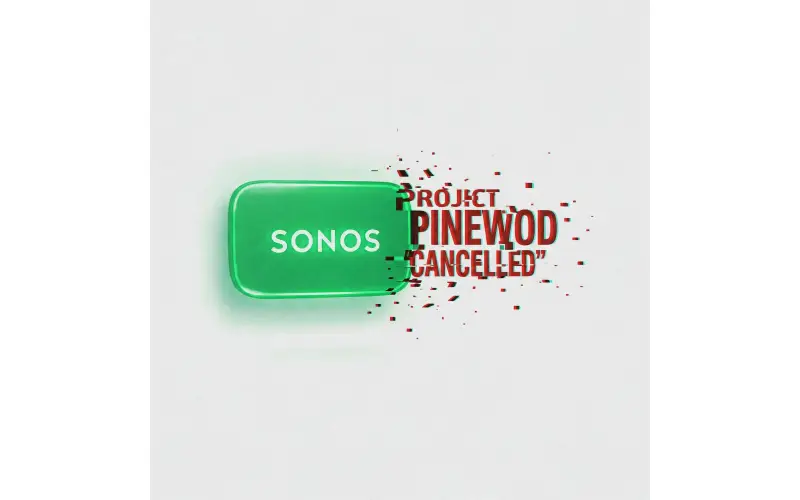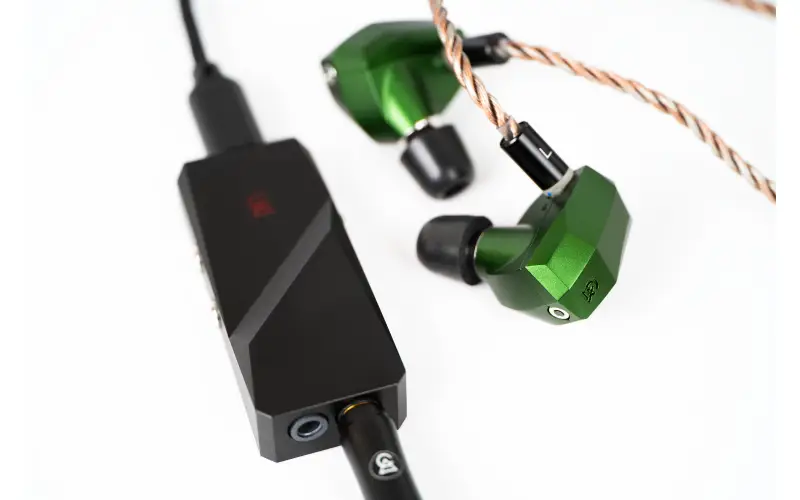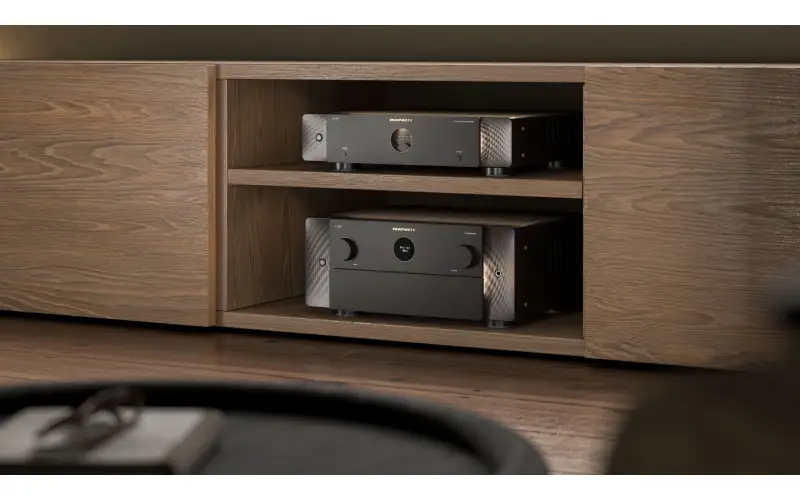By: Dipin Sehdev
In a decisive move that underscores a commitment to core strengths and a hard-won lesson in strategic focus, Sonos has officially shelved its long-anticipated streaming video player, codenamed "Pinewood." This strategic cancellation, announced during an all-hands meeting, signifies a critical realignment of priorities under the interim leadership of Tom Conrad, a move that tech analysts are widely applauding as a savvy maneuver in a turbulent market.
This decision arrives in the wake of a challenging 2024, a year marked by a deeply flawed software update that triggered widespread user dissatisfaction and a subsequent leadership shakeup. The company's recent missteps, including a botched app rollout that alienated loyal customers, necessitated a fundamental reassessment of its product roadmap.
The "Pinewood" project, initially championed by former CEO Patrick Spence and reportedly a passion project of Chief Innovation Officer Nick Millington, aimed to penetrate the fiercely competitive streaming device market. However, the decision to abandon the project indicates a prudent recognition of the inherent risks and a renewed emphasis on restoring the company's core competencies.
A Market Dominated by Titans:
The streaming device landscape is a battleground dominated by established giants: the Nvidia Shield Pro (boasting a 91% CE Critic Score), the Apple TV 4K 3rd Gen (with an 89% CE Critic Score), and the Roku Ultra (also achieving an 89% CE Critic Score). These devices, renowned for their robust performance, extensive feature sets, and seamless user experiences, have cemented their positions as industry leaders.
Sonos, a company celebrated for its premium audio solutions, faced the daunting task of carving a niche in this saturated market. The "Pinewood" device, intended to offer universal search, content aggregation, and HDMI switching capabilities, was slated to compete with these established players. However, internal concerns regarding the device's potential to replicate the lukewarm reception of the Sonos Ace headphones, which also ventured into a new product category, ultimately prevailed.
Leadership Changes and the 2024 Software Debacle:
The decision to cancel "Pinewood" is inextricably linked to the significant leadership changes that have swept through Sonos. The company's botched 2024 software update, which resulted in widespread user outrage and a significant erosion of brand trust, precipitated the departure of former CEO Patrick Spence. This software update, intended to modernize the Sonos app, was plagued by bugs, missing features, and a generally frustrating user experience. It effectively became a case study in how not to launch a new software product.
The fallout from this debacle extended beyond the CEO's office, leading to a broader restructuring effort that included layoffs and a renewed focus on software development. The appointment of Tom Conrad as interim CEO signaled a commitment to restoring stability and rebuilding the company's reputation. Conrad's decision to prioritize software improvements over hardware expansion reflects a pragmatic approach to addressing the company's immediate challenges.
Strategic Realignment and Software Focus:
The cancellation of "Pinewood" underscores a strategic realignment aimed at consolidating Sonos's core strengths and addressing its most pressing challenges. By refocusing its resources on software development and enhancing the user experience, Sonos is signaling a commitment to regaining the trust of its customers.
The company's decision to prioritize software improvements over hardware expansion aligns with the prevailing sentiment among its user base. Long-time Sonos customers, particularly those active in online forums and communities, have expressed a strong desire for the company to address the shortcomings of its software before venturing into new product categories.
The "Pinewood" Vision and Its Challenges:
The "Pinewood" project envisioned a high-end streaming device that would seamlessly integrate with the Sonos ecosystem. The device was intended to offer a comprehensive entertainment hub, featuring universal search, content aggregation, and HDMI switching capabilities. It was also designed to support advanced surround sound configurations, leveraging Sonos's extensive speaker lineup.
However, the "Pinewood" project faced several significant challenges. The competitive landscape, dominated by established players with vast resources and established user bases, posed a formidable obstacle. The rumored price point of $200 to $400, placing it in the premium segment of the market, raised concerns about its affordability and value proposition.
Moreover, the partnership with The Trade Desk, a digital advertising firm, sparked concerns about potential privacy implications and the inclusion of advertisements in the device's interface. These concerns, coupled with the company's recent software woes, contributed to a growing sense of skepticism among potential customers.
A Prudent Decision:
The cancellation of "Pinewood" represents a prudent decision by Sonos. By acknowledging the challenges and prioritizing its core strengths, the company is positioning itself for long-term success. This strategic pivot allows Sonos to focus on what it does best: delivering premium audio solutions and enhancing the user experience.
The company's decision to prioritize software improvements over hardware expansion reflects a commitment to addressing the root causes of its recent challenges. By restoring the performance and reputation of its software, Sonos can rebuild trust with its customers and solidify its position as a leader in the premium audio market.
The Path Forward:
Looking ahead, Sonos must continue to prioritize software development, enhance its user experience, and restore its reputation. The company's focus on its core strengths, coupled with a renewed commitment to customer satisfaction, will be crucial to its long-term success.
The cancellation of "Pinewood" marks a turning point for Sonos. By learning from its recent missteps and embracing a strategic realignment, the company is poised to emerge stronger and more focused than ever before. This decision, while undoubtedly difficult, demonstrates a commitment to long-term sustainability and a recognition of the need to rebuild trust with its valued customer base.
Analyzing the Tech:
From a technical perspective, the "Pinewood" project aimed to integrate several advanced features. The HDMI switching capability, designed to simplify the connection of multiple devices, would have been a valuable addition for users with complex entertainment setups. The universal search and content aggregation features, intended to streamline the discovery of content across various streaming services, would have enhanced the user experience.
However, the successful implementation of these features would have required significant software development and integration efforts. The company's recent software woes highlighted the challenges of delivering a seamless and reliable user experience.
The Importance of User Trust:
In the tech industry, user trust is paramount. Companies that fail to deliver on their promises risk alienating their customers and damaging their reputations. Sonos's recent software debacle served as a stark reminder of the importance of prioritizing user satisfaction.
By canceling "Pinewood" and focusing on software improvements, Sonos is signaling a commitment to rebuilding trust with its customers. This strategic pivot, while undoubtedly challenging, represents a necessary step towards restoring the company's reputation and ensuring its long-term success.
The Future of Sonos:
The cancellation of "Pinewood" represents a strategic pivot for Sonos, signaling a renewed focus on its core strengths and a commitment to rebuilding trust with its customers. By prioritizing software development and enhancing the user experience, Sonos is positioning itself for long-term success.
The company's decision to abandon a high-risk venture in a fiercely competitive market demonstrates a pragmatic approach to navigating the challenges of the tech industry. By learning from its recent missteps and embracing a strategic realignment, Sonos is poised to emerge stronger and more focused than ever before. This decision, while undoubtedly difficult, underscores the company's commitment to long-term sustainability and a recognition of the need to rebuild trust with its valued customer base.





